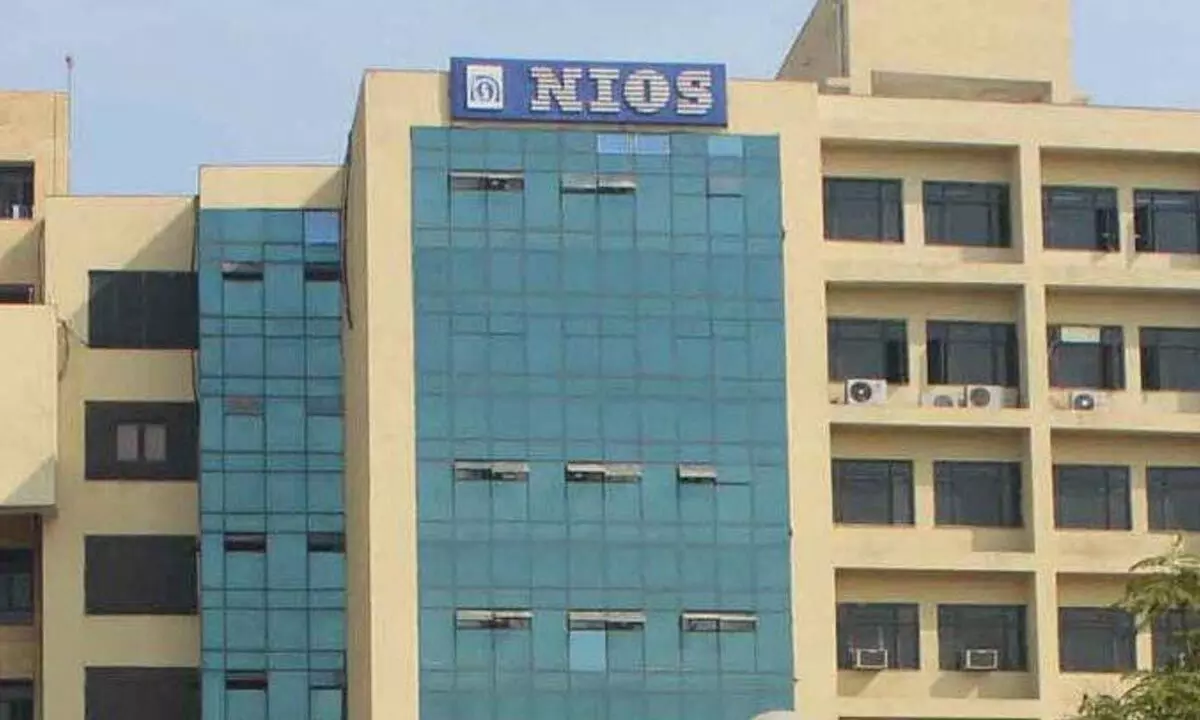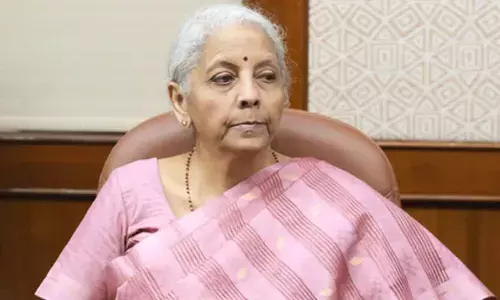Benefits of opting for NIOS

National Institute of Open Schooling
National Institute of Open Schooling (NIOS) is a board for students who want to pursue their education in private mode.
National Institute of Open Schooling (NIOS) is a board for students who want to pursue their education in private mode. Essentially it can be deemed as completion of secondary and senior secondary education through correspondence. The idea of this style of approach towards education may not seem fit to many who might question its credibility, however the NIOS is a government authorized board under the Ministry of Human Resource and development, the government of India.
Therefore, NIOS Board is a perfectly relevant and credible option for students.
It is valid for any further education in all over India and is recognized for all kinds of government jobs too.
NIOS gives students the freedom to pick subjects and programs of their preference, while also letting them learn at a pace comfortable to them. Another important factor is that NIOS Board presents students with the option to transfer credits from CBSE, other national/state Board of School Education as well as State Open Schools.
Below are courses offered by the NIOS board?
(a)Open Basic Education (OBE) Programme, that encapsulates the following
l OBE 'A' Level Course -Equivalent to class III
l OBE 'B' Level Course -Equivalent to class V
l OBE 'C' Level Course -Equivalent to class VIII
(b) Academic Courses
l Secondary Course-Equivalent to class X
l Senior Secondary Course-Equivalent to class XII
(c) Vocational Education Courses
(d) Life Enrichment Programmes
Now let's try to understand - Whom does NIOS pose as the best option for?
NIOS is the best option for those candidates who could not complete their schooling owing to certain unavoidable reasons like inaccessibility to schools providing higher education, inadequate finances; those who could not cope up with regular studies due to various learning concerns or others who want to focus on sports or performing arts.
While NIOS is picking up strong as an education career option, most people still do not understand the difference between NIOS & regular schooling. Some most indicative differences amid open schooling and regular schooling are:
l Regular schooling is based on learning through a student-teacher interaction following a specific time-table. On the other hand, open schooling is a flexible system of education that provides self-learning opportunities to a learner according to his/her own schedule.
l Regular schooling is greatly based on instruction and education services that do not focus primarily on special education, vocational /technical education whereas the open learning system is very helpful to those who want to continue their study while pursuing another passion like music, sports or any other form of arts.
People also often mistake open schooling for distance education. For clarity, open learning is a broader term used for any scheme of education or training that removes barriers to learning whether they are concerned with age, time or place. On the other hand, distance learning is considered a specific form of open learning where educators and learners are separated by geographical distance. This is sometimes called a home study or correspondence course and does not involve physical interaction between the teacher and student.
Open schooling has several advantages. Some of the most important and fundamental features/benefits of this style of learning are as follows:
1. Flexibility: The first and biggest factor that holds a differential advantage for NIOS is that an individual can choose the subjects of their choice from the list. Registration of the course for the students through numerous ways like online, through a study centre, through the regional centre for secondary education, etc. NIOS provides its students some exceptional facilities that a regular school cannot. These facilities are:
l Flexibility of selecting a program or courseirrespective of their age
l Flexibility of not attending classes
l Flexibility of giving exams when the student is ready
l Flexibility of time frame which allows you to complete a 1 year program even in 4-5 years.








